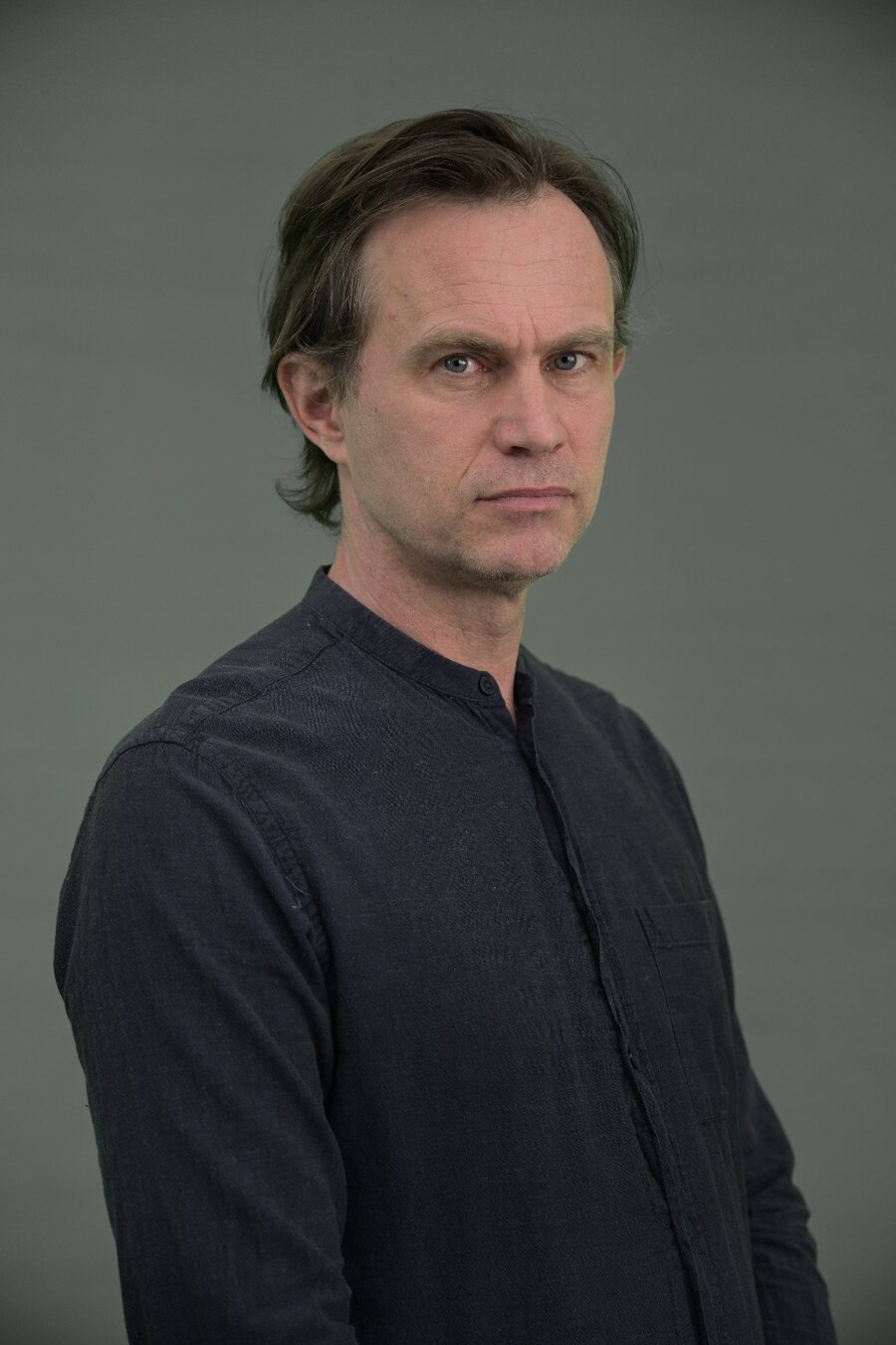Whether he likes it or not, because he's a discreet sort and tends to shun large institutions, François Sarhan is the emblematic figure of the Musica Festival, held in Strasbourg from September 20 to October 6. An exhibition ("Epicerie solitaire"), a new piece of musical theater (Les murs meurent aussi), a score for string ensemble (Covaru) given its world premiere and the latest state of an evolving performance (Log Book), inaugurated in 2019 - these are the elements of a "Focus François Sarhan", which the main interested party believes he will benefit from for his adherence to a creative approach dear to the director of Musica.
“Stéphane Roth sees in me something representative of a certain trend in contemporary music also exemplified by Simon Steen-Andersen or Jennifer Walshe, people who have assumed the multidisciplinary way of approaching music.” However, while he can identify with the work of this Dane and the Irishwoman of his generation, the (soon-to-be) 52-year-old Frenchman regrets having to prove, even in 2024, that he is a "real" composer, by writing a thirty-minute work (Covaru) for the Ensemble Resonanz, without recourse to video, visual arts or staging. Others like him have met with skepticism from their fellow composers, for having strayed from the purely musical line of contemporary creation: Fausto Romitelli, Jacques Rebotier...
François Sarhan understands that some of his "parents" can be seen in them, but only as "distant great-uncles", while he names Pierre Boulez (1925-2016) as the main reference in his family tree, in opposition to the other outstanding influence of his adolescence, Frank Zappa (1940-1993), "for his taste for ugliness and the mixing of genres". However, compositions written after an academic training (cello, counterpoint, analysis, orchestration) turn out to be "totally Boulézian".
Forced into exile
In fact, like the author of Le Marteau sans maître (1954), François Sarhan was forced into exile. "In 2010, I had the impression that the Paris musical biotope had lost its vitality and that my concerns were not being heard there as they were in Germany or Norway. That's why I left. Initially settled in Prague (due to Czech origins), François Sarhan lives (since 2015) in Berlin and admits to not really knowing what's going on in France anymore. Yet it was in France that he scored his first successes, such as Kyrielle du sentiment des choses, in 2004, based on a text by Jacques Roubaud (one of the musician's two poetic poles, the other being surrealism).
Twenty years later, the artist is critical of a production that is "too framed", in contrast to his collaborations with William Kentridge, "a magnificent visual artist, director and performer himself". A decisive encounter, as evidenced by Telegrams from the Nose (2008), whose main consequence was the need to go on stage. "Being on stage infinitely enriches the relationship with sound, time and the breath we have with the audience", assures the man who discovered, with William Kentridge, that it was possible to "create an object in which the roles don't need to be hierarchical or fixed".
This aspiration is met by "Epicerie solitaire", an installation in which François Sarhan will welcome visitors, seated in a paper armchair, close to a cash register where he will record any purchases they make. A book of alternative musicology (L'Encyclopédie du professeurGlaçon), a deck of cards (on one side, an illustration, on the other, a QR code for listening to a musical fragment) made from his Log Book, elements of which will adorn the walls... As for the Log Book itself, it will be accessible in the form of a continuous four-hour concert (performed on Sunday September 29 by the Zafraan Ensemble), the result of keeping a kind of highly personal logbook.
"A conversation, my son singing, fragments of memory transposed into a never-ending present," explains François Sarhan, who says he proceeds here like an entomologist. Fascinated "by projects whose contours cannot be determined", this adept of collage tends towards the ideal of a work without end with this work in progress. In time as in space, the notion of boundaries is denied. It will also form the basis of a musical play, Les murs meurent aussi, inspired by contemporary conflicts (Ukraine, Palestine).
PIERRE GERVASONI
Focus François Sarhan.
Festival Musica, Strasbourg.
